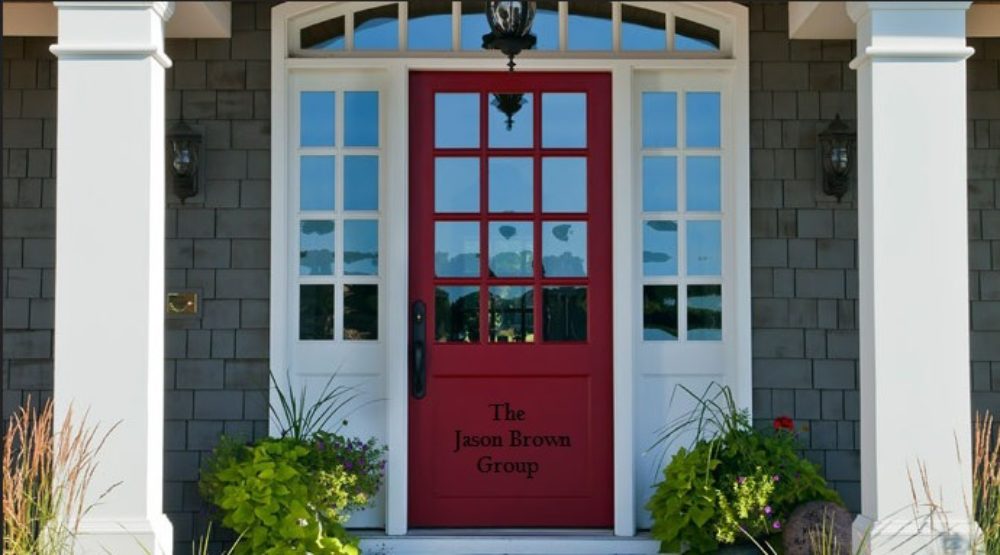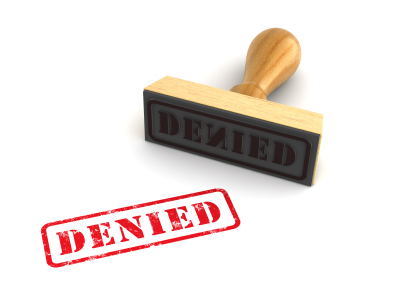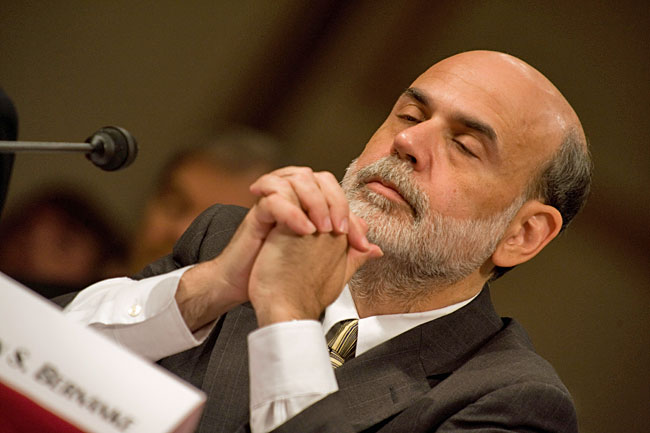Checking The Pulse Of The Kansas City Real Estate Market
I continue to see home buyers sitting on the fence, feeling there’s no need to hurry and/or waiting for the market to head back up before buying a home. But buying once the market is in a clear upward trend means paying a higher price for a home. It’s futile to try to time a market and signs right now indicate home prices are stabilizing in most areas. Many smart home sellers are realizing that they may lose money on their home sale but they’ll make it up on their home purchase. If they’re a move-up buyer, they’re in an even better position to see increased gains simply by buying more real estate in a down market. The more expensive homes are also the better deals in today’s market.

This is the perfect storm for Kansas City home buyers and we’re unlikely to ever again see the great deals present in today’s Kansas City real estate market. From Overland Park to the Northland and from Lenexa to Lee’s Summit, the volume of foreclosure and short sale listings present buyers with amazing choices. Even for those who don’t want to mess with a home in the condition of a distressed sale, the low prices of those homes is pushing down the price of move-in condition homes as most sellers realize they’ve got to be aggressive with their pricing to get attention.
In today’s buyer’s real estate market, buyer’s are getting away with being firm at the negotiating table… including close date and price in many instances. If you’re going to make a lateral move like selling a $200,000 home in Overland Park and buying a $200,000 in Olathe, now is a great time to make a move. If you have a good agent assisting you, you’ll minimize the losses on the your home sale and maximize the gains on the home purchase. If you’re a move-up buyer, even better. If you’re currently renting, you simply need to schedule a meeting with me and I’ll show you why buying a home makes more sense than ever.







